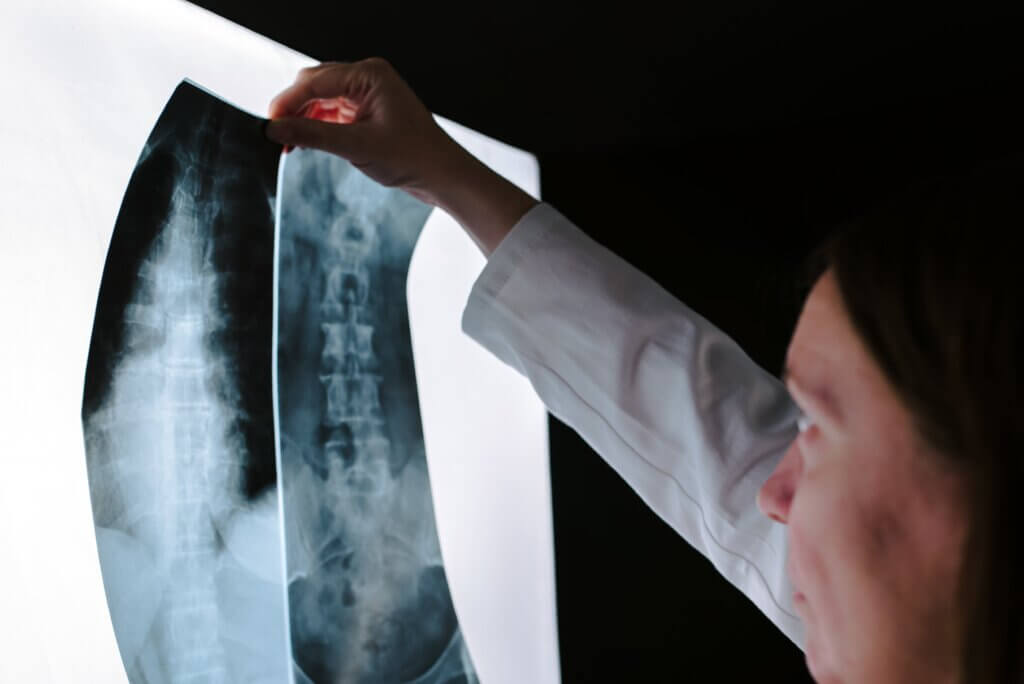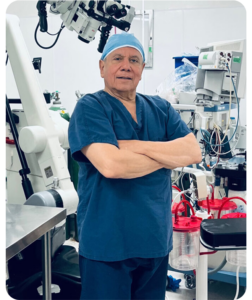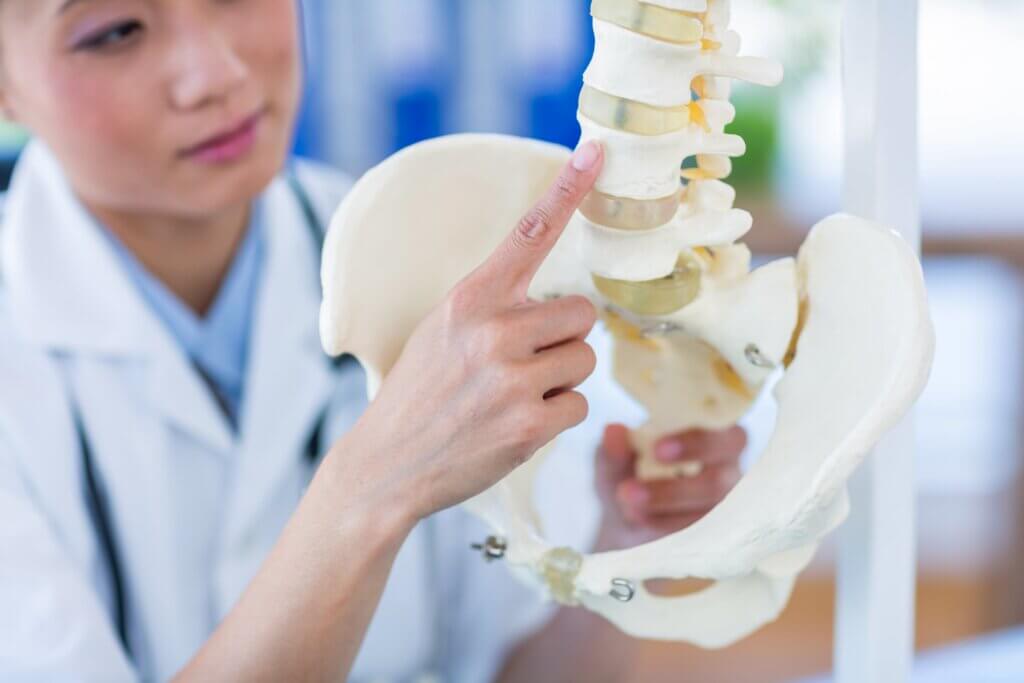A herniated disc can take anywhere from a few weeks to several months to heal, depending on factors like severity, location, age, activity level, and treatment.
General Healing Timeline:
- Acute Phase (0–6 weeks):
Most people begin to feel significant improvement with rest, medications (like NSAIDs or muscle relaxants), and physical therapy. - Subacute Phase (6–12 weeks):
Continued recovery for most. Around 80–90% of people improve without surgery within this period. - Chronic Phase (>3 months):
If pain persists beyond 3 months, it may require further intervention—such as epidural steroid injections, or in some cases, surgical options like microdiscectomy.
Key Tips to Help Healing:
- Stay active (within limits): Light walking and PT help prevent stiffness.
- Avoid prolonged bed rest.
- Use proper posture and body mechanics.
- Consider conservative care: PT, anti-inflammatories, chiropractic, acupuncture.
- Imaging & follow-up: If no improvement in 6–8 weeks, consider MRI and specialist referral.
Factors that influence healing time

Certainly! Here’s the list of factors that influence healing from a herniated disc:
- Location of the herniation: Lumbar (lower back) herniations may take longer due to weight-bearing stress compared to cervical (neck) discs.
- Size and severity of the herniation: Larger herniations or ones compressing nerves more significantly can prolong healing.
- Age: Older adults may heal more slowly due to decreased disc hydration and elasticity.
- Overall health: Conditions like diabetes, arthritis, or autoimmune diseases can delay healing.
- Physical activity level: Overexertion or poor body mechanics may worsen symptoms, while light, guided activity aids recovery.
- Occupation: Jobs involving heavy lifting, bending, or long periods of sitting or standing can slow progress.
- Smoking: Decreases blood flow to spinal structures and slows tissue repair.
- Body weight: Excess weight puts more pressure on spinal discs and can impede recovery.
- Adherence to treatment: Following physical therapy, medications, posture correction, and other recommendations improves outcomes.
- Stress and mental health: Chronic stress or anxiety can increase pain perception and muscle tension, affecting recovery.
Certainly. Here’s the revised explanation without the treatment section:


